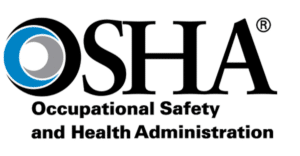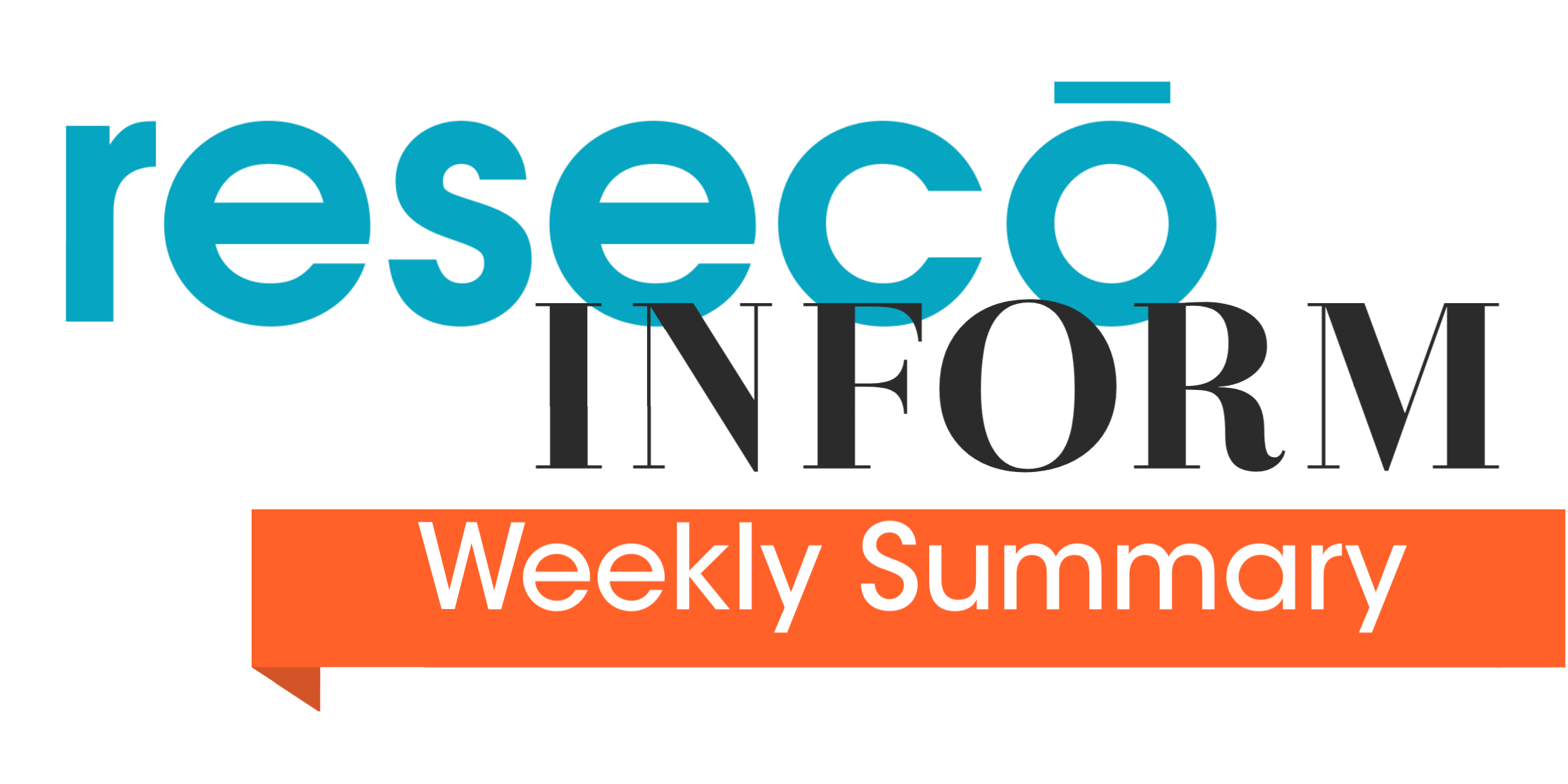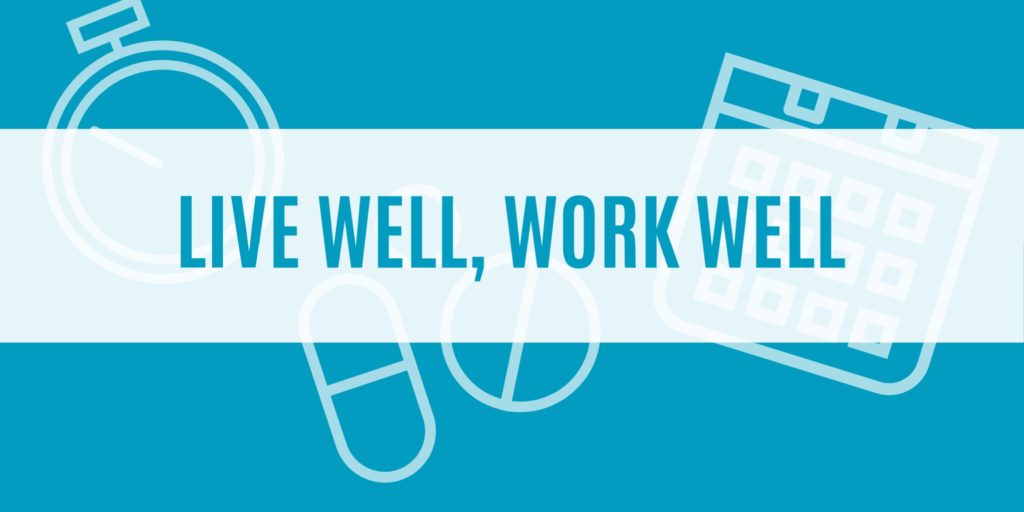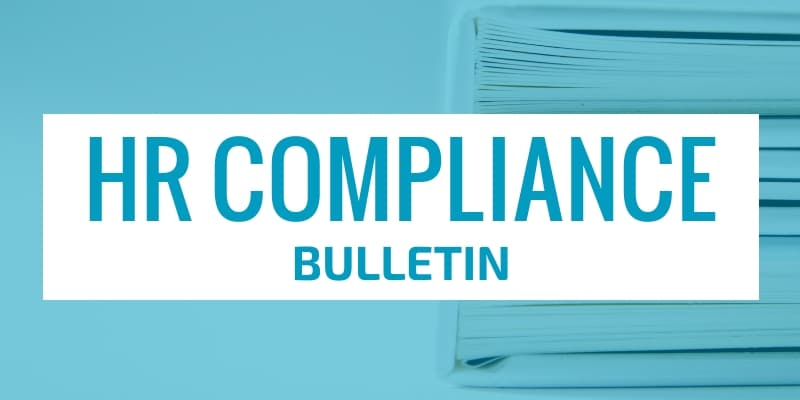Resecō
Inform Posts
09 Oct Preparing for an OSHA Inspection
 The Occupational Safety and Health Administration (OSHA) is the government agency that monitors and enforces compliance with workplace safety laws.
The Occupational Safety and Health Administration (OSHA) is the government agency that monitors and enforces compliance with workplace safety laws.
Under the Occupational Safety and Health Act, Compliance Safety and Health Officers (CSHOs) have the authority to inspect the facilities of any employer subject to OSHA’s regulations. Employers have a right to request a warrant for inspection. Although it may buy time, it will likely broaden the inspection and give the CSHO a negative impression.
05 Oct Announcement: Ben Shultz
 Reseco Insurance Advisors is proud to welcome Ben Shultz as our new Senior Advisor and Strategic Partner. Ben brings 29 years of experience in the executive benefits insurance industry. He is a leading expert in life insurance, disability insurance, and deferred compensation.
Reseco Insurance Advisors is proud to welcome Ben Shultz as our new Senior Advisor and Strategic Partner. Ben brings 29 years of experience in the executive benefits insurance industry. He is a leading expert in life insurance, disability insurance, and deferred compensation.
02 Oct 10.02.20 – Weekly Summary

Post Summary for the Week of Sep 26th - Oct 2nd
02 Oct Preparing for Flu Season During the COVID-19 Pandemic
 Each year, the seasonal flu has a marked impact on businesses and employers, causing increased absenteeism, decreased productivity and higher health care costs. The past few flu seasons have seen high hospitalization and mortality rates, which has public health experts fearing another deadly flu season.
Each year, the seasonal flu has a marked impact on businesses and employers, causing increased absenteeism, decreased productivity and higher health care costs. The past few flu seasons have seen high hospitalization and mortality rates, which has public health experts fearing another deadly flu season.
Unfortunately, the 2020-21 flu season isn’t the only health crisis employers and employees have to address this year. The COVID-19 pandemic is still affecting the workforce, and the combination of another potentially bad flu season and the pandemic has public health experts worried.
As an employer, you are well-positioned to help keep your employees healthy and minimize the impact that influenza has on your business. The Centers for Disease Control and Prevention (CDC) recommends strategies to help employers fight the flu and talk to employees about what a flu season during the pandemic looks like.
02 Oct OSHA Guidance: Wearing Face Coverings in Hot and Humid Environments
 The Occupational Safety and Health Administration (OSHA) has issued guidance on safety protocols employees can use when wearing cloth face coverings in hot, humid indoor and outdoor work conditions. Wearing face coverings has become necessary in multiple industries because of the current COVID-19 pandemic.
The Occupational Safety and Health Administration (OSHA) has issued guidance on safety protocols employees can use when wearing cloth face coverings in hot, humid indoor and outdoor work conditions. Wearing face coverings has become necessary in multiple industries because of the current COVID-19 pandemic.



 The arrival of the fall and winter months signals many things, including the beginning of flu season. According to the Centers for Disease Control and Prevention (CDC), flu activity peaks between December and February. This means that the COVID-19 pandemic isn’t the only public health concern as we approach the winter months.
The arrival of the fall and winter months signals many things, including the beginning of flu season. According to the Centers for Disease Control and Prevention (CDC), flu activity peaks between December and February. This means that the COVID-19 pandemic isn’t the only public health concern as we approach the winter months. The Federal Motor Carrier Safety Administration’s (FMCSA)
The Federal Motor Carrier Safety Administration’s (FMCSA)  Many health plans provide coverage for employees’ dependent children. Since 2010, the Affordable Care Act (ACA) has imposed strict requirements on plans that provide dependent coverage. These requirements prohibit restrictions that employers had frequently used to limit dependents’ eligibility for coverage prior to 2010.
Many health plans provide coverage for employees’ dependent children. Since 2010, the Affordable Care Act (ACA) has imposed strict requirements on plans that provide dependent coverage. These requirements prohibit restrictions that employers had frequently used to limit dependents’ eligibility for coverage prior to 2010.